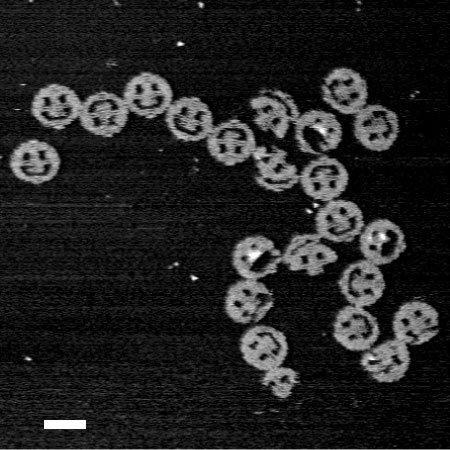2025-02-24 カロリンスカ研究所(KI)
<関連情報>
- https://news.ki.se/serious-mental-illness-common-in-chronic-kidney-disease
- https://www.ajkd.org/article/S0272-6386%2825%2900687-0/fulltext
慢性腎臓病(CKD)患者における重度の精神疾患の有病率と健康状態との関連性:スウェーデン全国調査 Prevalence of Severe Mental Illness and Its Associations With Health Outcomes in Patients With CKD: A Swedish Nationwide Study
Nanbo Zhu, PhD ∙ Anne-Laure Faucon, MD, PhD, ∙ Ralf Kuja-Halkola, PhD∙ … ∙ Juan Jesús Carrero, PharmD, PhD ∙ Marie Evans, MD, PhD ∙ Zheng Chang, PhD
American Journal of Kidney Diseases Published:February 23, 2025
DOI:https://doi.org/10.1053/j.ajkd.2024.12.004

ABSTRACT
Rationale & Objective
Patients with CKD often face mental health problems, but the burden of severe mental illness (SMI) in this population is unclear. We estimated the prevalence of SMIs among people with CKD and their associations with health outcomes.
Study Design
Nationwide cross-sectional and cohort study.
Setting & Participants
Using the Swedish Renal Registry, we identified 32,943 patients with incident CKD G3b–5 or kidney replacement therapy (KRT) between 2008 and 2020 for estimation of the prevalence of SMIs. Data about the 30,103 patients not receiving KRT were used to examine associations between SMIs and subsequent health outcomes.
Exposures
Occurrence of SMIs (i.e., schizophrenia, bipolar disorder, and major depressive disorder) prior to the date of first registration into the registry (index date), using diagnoses from inpatient or specialist outpatient care.
Outcomes
30% decline in eGFR, initiation of KRT, and all-cause mortality.
Analytical Approach
Prevalence of SMIs was estimated in patients with CKD and compared with the general population using standardization with ratios adjusted for age, sex, and calendar year. Associations between SMIs and health outcomes were examined using Cox proportional hazards models.
Results
Overall prevalence of SMI was 7.3% in patients with CKD, which was 56% higher than the general population. The prevalences for schizophrenia, bipolar disorder, and major depressive disorder were 0.5%, 2.1%, and 5.6%, respectively. All three SMIs were associated with a higher mortality rate. Schizophrenia was not associated with 30% decline in eGFR (HR: 0.92; 95% CI: 0.65, 1.29), whereas it was associated with a lower rate of initiating KRT (HR: 0.56; 95% CI: 0.39, 0.80). Bipolar disorder was associated with a higher rate of 30% decline in eGFR (HR: 1.47; 95% CI: 1.29, 1.67), but a lower rate of initiating KRT (HR: 0.79; 95% CI: 0.67, 0.94). Major depressive disorder was not associated with 30% decline in eGFR or initiation of KRT.
Limitations
Lack of primary care data and exclusion of individuals with CKD G1–3a.
Conclusions
Patients with CKD had a higher prevalence of SMI compared with the general population. In patients with CKD, each SMI was associated with higher mortality, and bipolar disorder was associated with a faster eGFR decline. Patients with CKD and pre-existing schizophrenia or bipolar disorder experienced a lower rate of initiating KRT.

